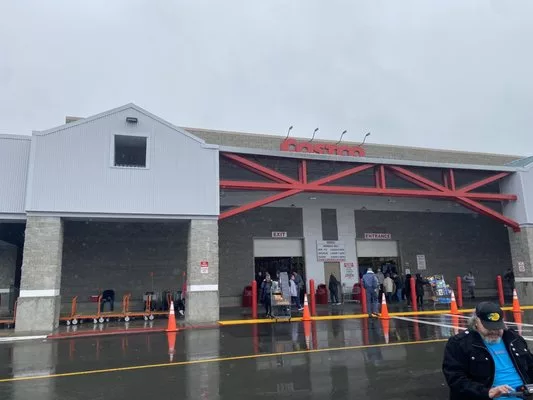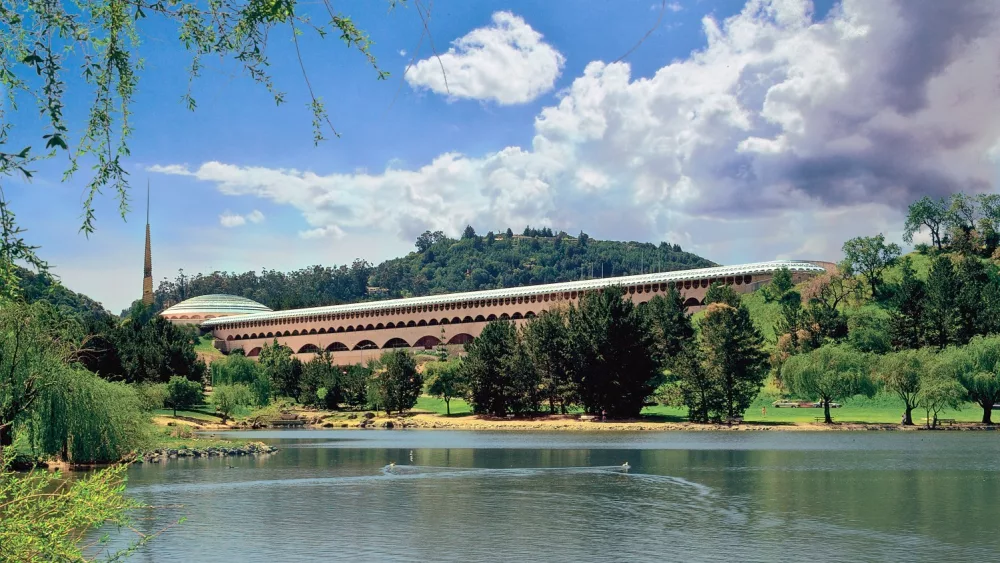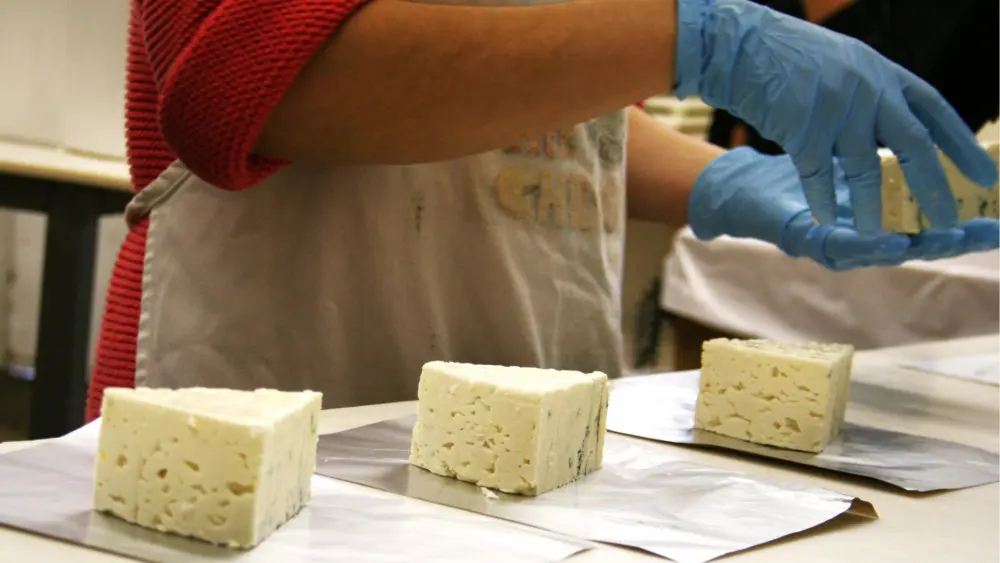
Costco in Santa Rosa is among the major retailers that would have seen a major business tax hike under the city's original proposal.
A proposal to raise Santa Rosa’s annual business tax won’t sting as much as originally anticipated, as city officials this week approved a revised proposal in an effort to avoid pushback from the business community.
The council voted 4-0 Aug. 6 to put the revised proposal before voters on the Nov. 5 ballot. Council members Eddie Alvarez and Victoria Fleming, as well as Mayor Natalie Rogers, were recused from the vote, each citing potential financial conflicts of interest in the decision.
If it passes with a simple majority vote, the new initiative poses far less of a financial burden on several of Sonoma County’s biggest revenue-generating businesses than in its earlier incarnation, though it will only result in about a third of the tax revenue.
The county’s annual tax on business licenses is set currently at $25 minimum and caps at $3,000—an amount that hasn’t changed since the tax was first instituted in 1990. While there’s plenty of consensus the tax should be updated, the city’s earlier proposed formula for increasing the fees found few fans among the area business community. The initial proposal would have raised tax rates on all businesses, ended the cap and sharply increased the rate for the highest-revenue-generating businesses. According to a city study of that proposal, the smallest businesses would have stayed paying the minimum; about 450 would have been bumped to between $3,000 and $23,000; and about 20 of the city’s biggest businesses—major retailers or hospitals, for instance—would have found business-license taxes topping $100,000.
While the first proposal drew sharp rebuke from such business groups as the Santa Rosa Metro Chamber of Commerce and the North Bay Leadership Council, it was estimated to bring in about $12 million annually to the cash-strapped city facing a budget gap of more than $40 million over the next five years.
The revised proposal the council sent to the ballot keeps the cap—but raises it to $10,000. Current tax rates would stay the same, but would be adjusted annually for inflation. Additionally, people operating short-term vacation rentals would now be required to pay the tax.
If it passes, the revised proposal would generate in the neighborhood of $3 million annually for the city.



